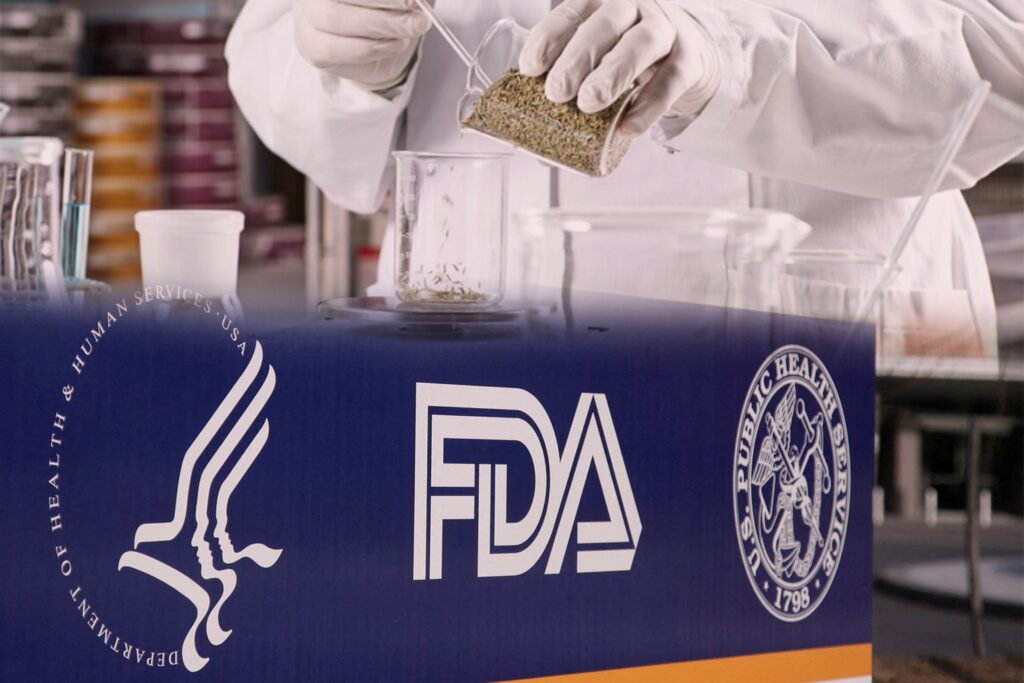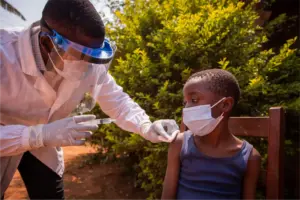
The U.S. Department of Health and Human Services (HHS) and the Food and Drug Administration (FDA) are changing food safety rules in a movement meant to increase customer confidence and guarantee more openness in the food sector. The acting FDA commissioner has been instructed by HHS Secretary Robert F. Kennedy Jr. to investigate new rulemaking initiatives aimed at eradicating the self-affirmed Generally Recognized as Safe (GRAS) pathway, a mechanism enabling manufacturers to add new food ingredients without notifying the FDA or the public.
Self-determining that a drug is safe without formally filing a GRAS notice has allowed ingredient makers for years to avoid direct FDA control. Often attacked as a loophole, this technique has resulted in worries about some chemicals and compounds finding their way into the American food chain without enough control. Kennedy underlined that fixing this breach will help to achieve more general public health goals, guarantee the safety of newly introduced food components, and rebuild consumer confidence.
Manufacturers voluntarily submit notices for agency evaluation under the GRAS Notification Program the FDA now runs. The FDA evaluates and releases approximately 1,000 GRAS notices based on 75 annual submissions. The agency keeps a public inventory of examined drugs, therefore enabling consumers and others to obtain safety data and assessments. Many ingredients wind their way into the food chain without receiving this degree of examination, though, since the GRAS self-affirmation process does not mandate businesses to seek FDA evaluation.
Companies adding new chemicals under the suggested amendments would have to notify the FDA and furnish safety data prior to these compounds finding their way into the food chain. Reiterating the agency’s dedication to enhancing food safety, acting FDA Commissioner Dr. Sara Brenner said that more control will help protect consumers and guarantee that food stays a source of health and wellness.
Apart from policies, HHS is collaborating with Congress to investigate legislative actions closing the GRAS gap permanently. These coordinated initiatives confirm the government’s responsibility in preserving public health and represent a major step toward more food safety openness. Officials think these changes will strengthen the trust of American customers and create a more responsible food sector.








